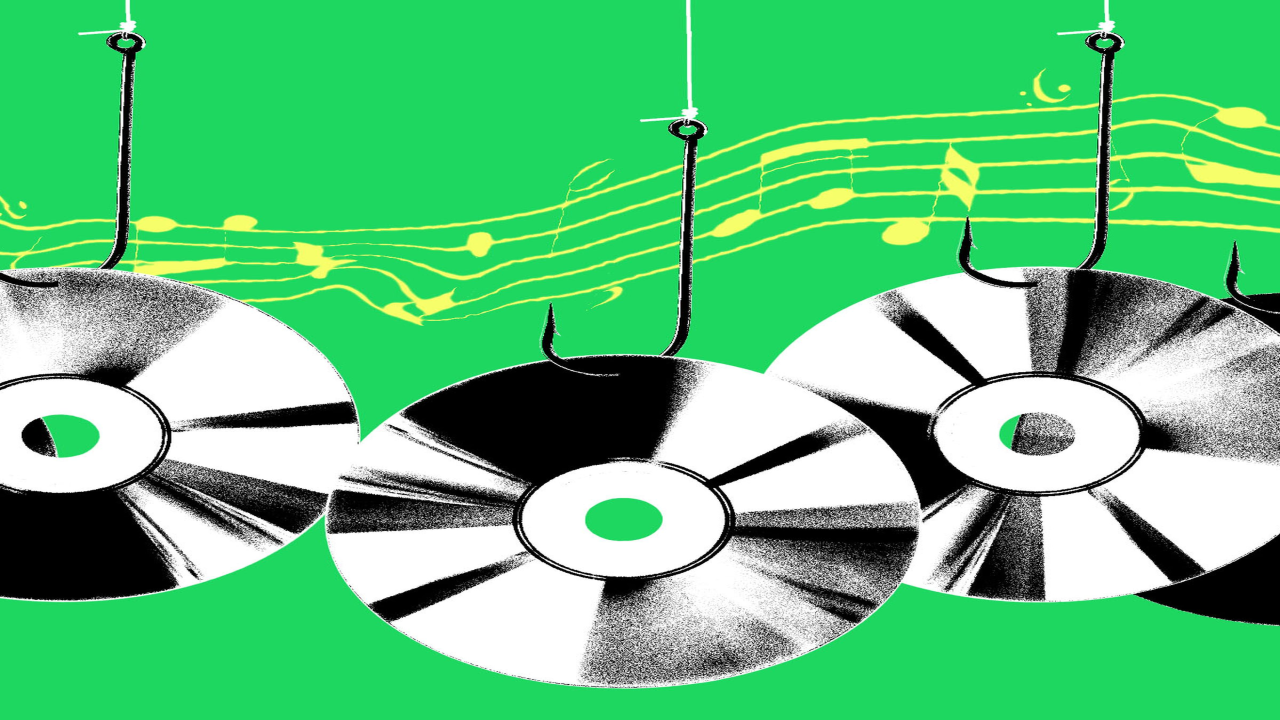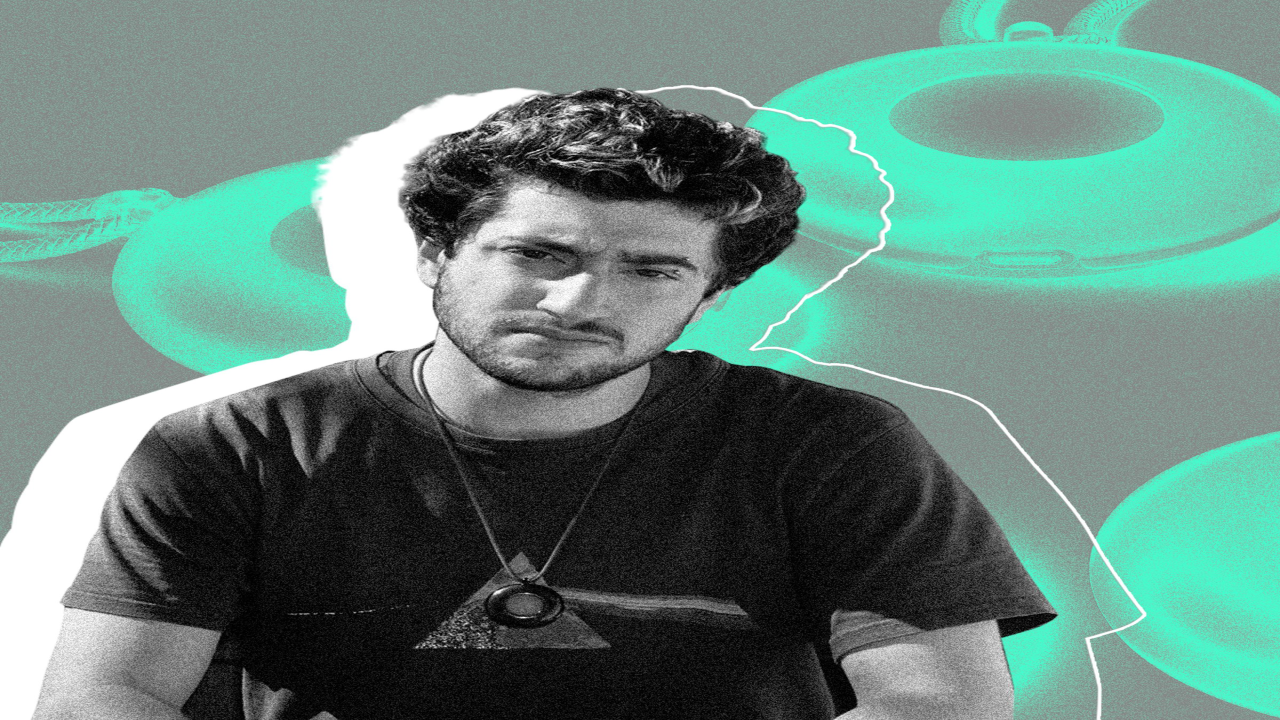Unveiling the Spotify AI Scam: Protecting Artists from Fake Albums
Meta Dive into the world of AI-generated fake albums on Spotify, uncovering how artists are targeted and the impact on the music industry. Explore the mechanisms behind this scam and how platforms are combating it.

In the realm of digital music distribution, a troubling trend has emerged, shaking the foundation of artist authenticity on streaming platforms like Spotify. The rise of AI-generated fake albums poses a significant threat to musicians worldwide, leading to confusion and financial implications.
The Spotify Scam Unveiled
The deceptive practice involves uploading counterfeit albums under legitimate artists' names, luring unsuspecting listeners into a web of fabricated tunes. Recent incidents have spotlighted renowned musicians like HEALTH, Annie, and Standards, who fell victim to this insidious scheme.
Unraveling the Mechanics of the Scam
At the core of this dilemma lies the intricate web of metadata manipulation. Music distributors play a pivotal role in channeling songs and information to streaming services like Spotify. However, the honor system governing this process leaves room for exploitation, enabling fraudsters to exploit unsuspecting artists.
The Impact on Artists and the Industry
For artists like Standards, the repercussions are dire. Despite efforts to rectify the situation, fake albums persist on their verified pages, diverting royalties and tarnishing their musical identity. This not only affects their earnings but also undermines their artistic integrity.
Combatting the Threat: Platform Response
In response to mounting concerns, Spotify has taken decisive action against fraudulent content. By severing ties with licensor Ameritz Music, the platform aims to stem the tide of AI-generated garbage infiltrating genuine artist profiles. Rigorous automated and manual reviews stand as bulwarks against royalty fraud, safeguarding the music ecosystem.
Expanding Scams Beyond Spotify
The nefarious ploy extends beyond Spotify, permeating other streaming platforms where fraudsters exploit modest streaming numbers to amass illicit profits. Recent legal battles, such as Universal Music Group's lawsuit against music distributor Believe, underscore the industry-wide ramifications of such malpractices.
Embracing Transparency and Vigilance
As the music landscape navigates treacherous waters, transparency and vigilance emerge as potent shields against digital deception. Artists, distributors, and platforms must collaborate to fortify defenses, ensuring that authentic creativity thrives amidst the shadows of AI-generated deceit.
In conclusion, the Spotify AI scam serves as a stark reminder of the vulnerabilities lurking in the digital music sphere. By shedding light on these clandestine practices and fostering a culture of accountability, the industry can forge a resilient future where artists' voices ring true and untainted.
What's Your Reaction?





















